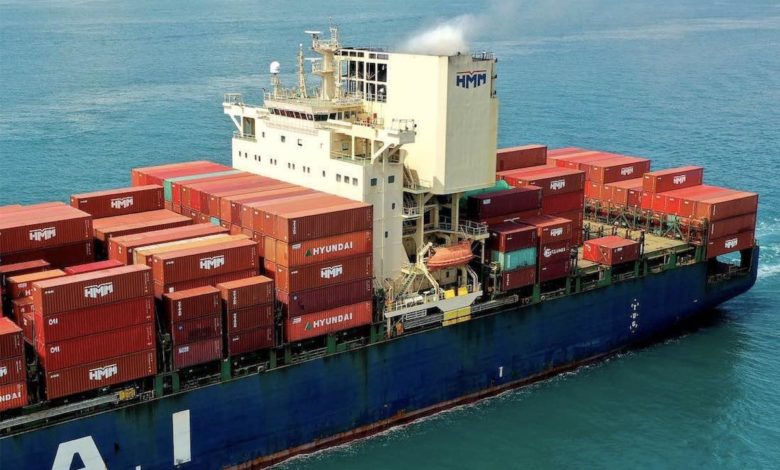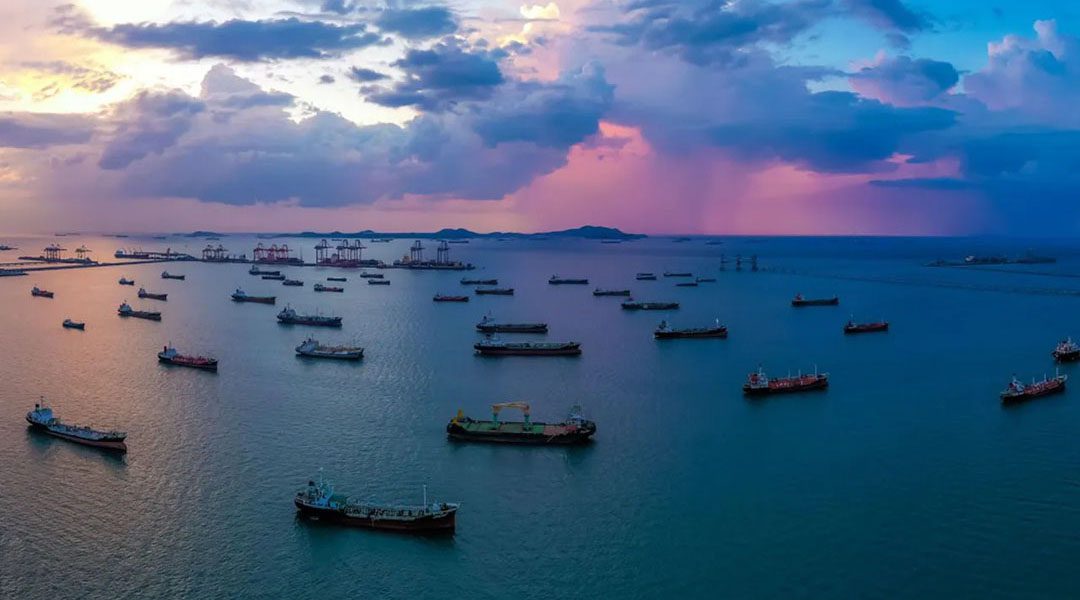 Piet Sinke / Maasmond Maritime
Piet Sinke / Maasmond Maritime
Emissions from scrubber discharge have caused pollution to the Baltic Sea corresponding to socio-economic costs of more than EUR 680m ($732m) between 2014 and 2022, according to a new study.
A new study from the Chalmers University of Technology in Sweden showed that the shipping companies’ investments in the much-discussed technology, where exhaust gases are ‘washed’ and discharged into the sea, have already been recouped for most ships.
The researchers claim that this way the shipping industry is making billions of euros by running its ships on cheap heavy fuel oil instead of cleaner fuel and that the cost calculation should be regarded as an underestimate. The multi-million euro sum costs for oil leak clean-up after ships have grounded, such as the Marco Polo last autumn, are not included in the calculations.
According to their calculations, most of the shipping companies that invested in scrubbers have already broken even, and the total surplus for all 3,800 vessels by the end of 2022, was EUR 4.7bn. The researchers also note that over 95% of the most common scrubber systems – the open loop systems – are repaid within five years.
“If the scrubbers had not existed, no ships today would have been allowed to run on this dirty residual fuel. That is why the scrubber issue is highly relevant to push the shipping industry towards less negative environmental impact,” said Lunde Hermansson, one of the researchers in the study.
In a previous study, the researchers showed that more than 200m cu m of environmentally hazardous scrubber water is discharged into the Baltic Sea annually and that scrubber discharge water accounts for up to 9% of the total emissions of certain carcinogenic polycyclic aromatic hydrocarbons (PAHs) into the Baltic Sea.
The new study has been prompted by the ongoing discussion on a potential ban on scrubber water discharge – where large volumes of polluted water are produced and discharged from the ships’ exhaust gas cleaning systems. The issue is on the agenda at multiple levels within the International Maritime Organization (IMO) and is also being discussed at the EU level as well as at certain national levels.
In terms of the shipowner perspective, the researchers calculated the costs of installing and maintaining the scrubber systems, as well as the monetary gain from running the scrubber-equipped vessels on the cheaper and dirtier heavy fuel oil instead of the more expensive low-sulphur fuel alternatives.
“From the industry’s point of view, it is often stressed that shipping companies have acted in good faith by investing in technology that would solve the problem of sulphur content in air emissions and that they should not be penalised. Our calculations show that most investments have already been recouped and that this is no longer a valid argument,” added Hermansson.
Recently, Denmark has decided to ban the discharge of scrubber water into so-called territorial waters, within 12 nautical miles of the coast. Germany, France, Portugal, Turkey, and China, also adopted national bans or restrictions. There is no ban in Sweden where the study was conducted, but some ports like the Port of Gothenburg have banned scrubber water discharges in their area.
As for the scrubber-fitted fleet size, the number of vessels equipped with scrubbers since the mid-2010s has increased. In 2018, there were 178 ships with scrubbers in the Baltic Sea – today, researchers estimate at least four times that. Globally, there are about 5,000 vessels or 5% of the global fleet. Since scrubbers are mainly fitted on ships with high fuel consumption, this 5% accounts for 25% of the global demand for heavy fuel oil.





